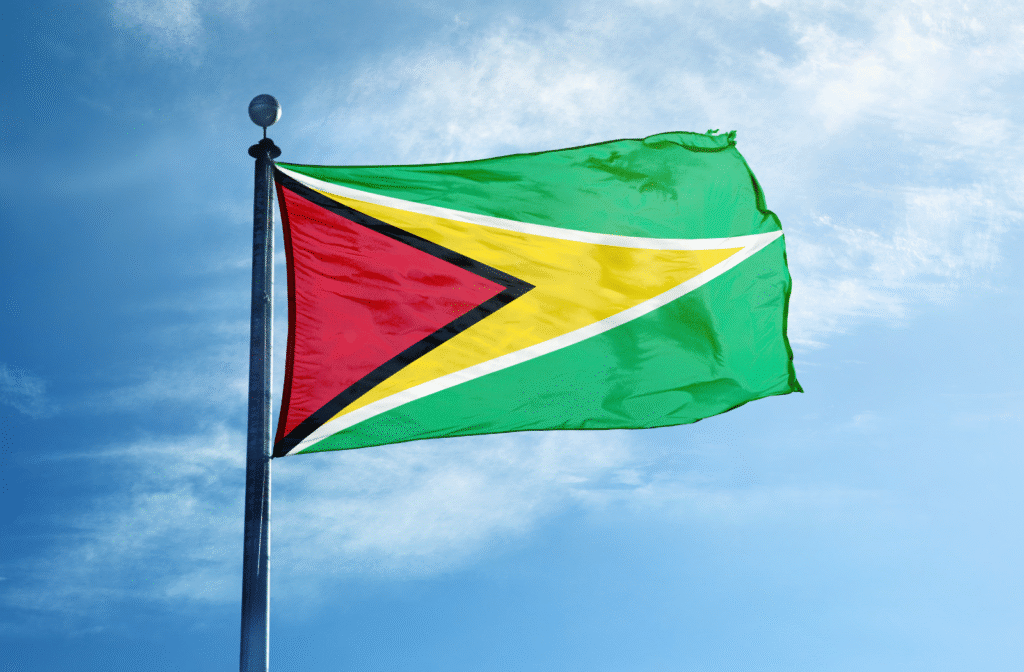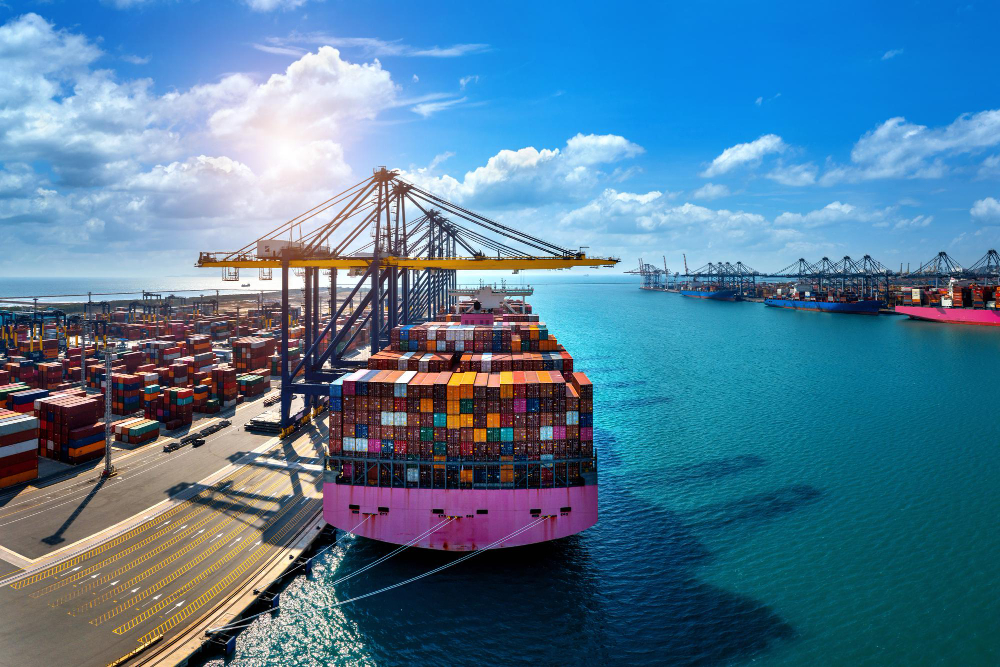The Republic of Guyana has officially opened the door for significant investment in its booming tourism sector, inviting local entrepreneurs, foreign investors, and joint ventures to develop a new generation of eco-lodges and resorts. This initiative is a core component of the Government of Guyana’s broader strategy to establish the nation as the premier eco-tourism destination in the Caribbean. Led by the Ministry of Tourism, Industry and Commerce, this development drive is focused not just on expanding the number of available rooms, but on fostering sustainable, high-quality, and community-driven tourism products across the country’s diverse natural landscapes.
The Strategic Mandate for Tourism Expansion
The government’s push for these new developments serves several critical economic and social objectives. Primarily, the initiative aims to actively generate new employment opportunities, particularly by engaging residents in local and Indigenous communities where many of these projects will be sited. Furthermore, a key goal is to cultivate genuine business opportunities through partnership and collaboration with these same local communities, ensuring that the economic benefits of tourism are broadly shared and sustained. Finally, this investment is necessary to significantly expand the country’s accommodation selection and raise the quality of its room stock, which is essential to handle the rapidly increasing numbers of international visitors drawn to Guyana’s natural beauty. Successful projects are expected to reflect a deep commitment to the eco-tourism model, potentially incorporating features like guided nature trails, authentic culinary fusion, dedicated bird-watching areas, and indigenous artesian boutiques, all while adhering to the highest standards of environmental responsibility.
Prime Investment Zones Across Six Regions
The government has identified specific, high-potential areas across six administrative regions that are ready for development, offering a spectrum of geographic settings for investors.
Along the coast and riverine areas, investments are encouraged in:
Mashabo (Region Two): A beautiful Indigenous community set around a tranquil lake on the Essequibo Coast, offering a serene, water-based eco-experience.
Vreed-en-hoop Waterfront and Leguan (Region Three): Vreed-en-hoop, a major transport hub, provides a prime location for modern facilities with riverfront views and rapid connectivity to the capital. Leguan, an island in the Essequibo River, offers a quiet, agrarian setting for slow-paced tourism.
Stabroek Waterfront (Region Four): Situated in the heart of Georgetown, this area is undergoing a strategic redevelopment to create a modernized, commercially and recreationally vibrant waterfront.
In the vast interior, opportunities are focused on adventure and nature tourism:
Bartica, Sakaika, and Kumerau (Region Seven): As the “Gateway to the Interior,” Bartica is a key starting point for adventure, while Sakaika and Kumerau offer deep access to the forests and river systems of the Cuyuni-Mazaruni region.
Kamana and Orinduik (Region Eight): This region is home to Guyana’s dramatic mountain and waterfall scenery. Orinduik is specifically famous for its cascading falls on the border with Brazil, positioning it as a top destination for nature lovers.
Lethem (Region Nine): Located on the Brazilian border, Lethem is the commercial and transport hub of the Rupununi Savannahs, making it ideal for safari-style, ranch, and cross-border eco-tourism.
Attractive Fiscal Incentives for Qualifying Projects
The Government of Guyana is providing an attractive package of fiscal incentives through its official framework to support these developments, with all incentives equally available to local and foreign investors. These measures are designed to reduce the initial capital outlay and enhance the profitability of sustainable tourism ventures.
Core Incentives Include:
Tax Holidays: Projects may qualify for an exemption from Corporate Tax on their income, with the duration often ranging from five to ten years, particularly for new economic activities in hinterland regions (Regions 1, 7, 8, 9, and 10) that demonstrate job creation.
Customs Duty and VAT Exemptions: Investors can receive full exemptions on Customs Duty and Value Added Tax (VAT) for the importation of essential items. This coverage extends to a broad range of goods necessary for development, including:
Building materials and construction fittings.
Machinery, equipment, and furnishings.
Appliances and motor vehicles, including floating crafts like boats, that are vital for operations.
Minimum Room Thresholds to Qualify:
To access the full package of incentives, new facilities must meet specific minimum room requirements, which vary by location:
In the remote hinterland regions (1, 7, 8, 9, and 10), a new eco-lodge or resort must have no fewer than eight (8) rooms.
In the coastal regions (2, 3, 5, and 6), a new facility must have a minimum of fifteen (15) rooms.
In the capital area (Region 4), a new hotel or inn must contain at least thirty (30) guest rooms.
Submission Requirements for Expressions of Interest
All interested developers must submit a formal, comprehensive proposal to the Ministry of Tourism, Industry and Commerce. This detailed document will be used to evaluate and select the parties invited to negotiate key agreements, including terms for land and fiscal incentives.
Essential Proposal Components:
Project and Land Details: Clear identification of the proposed site, including location, size, and ownership status. This must specify if the land is private or if the investor is seeking land from the Government of Guyana.
Financial Capacity: Concrete evidence demonstrating the financial ability to fund the proposed development as the principal investor.
Design and Concept: A detailed concept design, site layout, and rendering, outlining the scale of the facility and its planned amenities.
Team Profile: Background information on the investor group and confirmation of experience in designing, constructing, or operating resorts or lodges.
Comprehensive Business Plan: This key section must include a summary of the expected investment, the proposed capital structure (debt-to-equity ratio), detailed financial projections (including anticipated room rates and occupancy levels), and projections for both construction and long-term operational employment.
Environmental and Sustainability Plan: Critical information detailing methods for resource use efficiency (water, energy), waste minimization, and plans to minimize construction impact, especially in sensitive environmental or Indigenous areas, in line with Environmental Protection Agency (EPA) requirements.
The current deadline for developers to submit their detailed proposals is December 31, 2025. Submissions should be addressed to the Permanent Secretary of the Ministry of Tourism, Industry and Commerce at 229 South Road, Lacytown, Georgetown.



